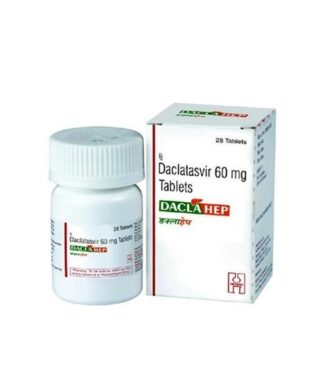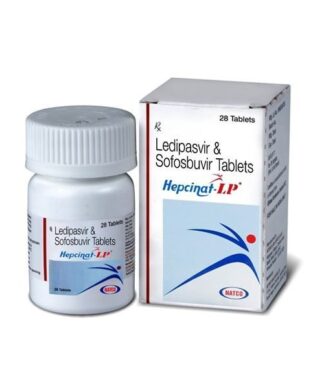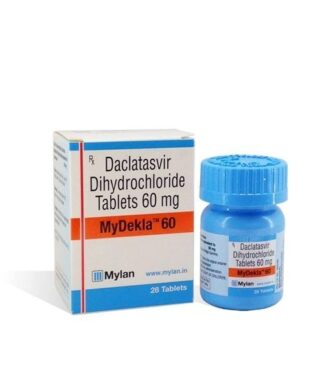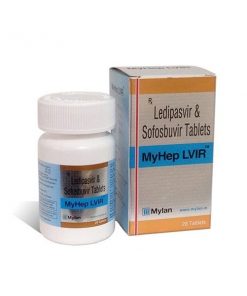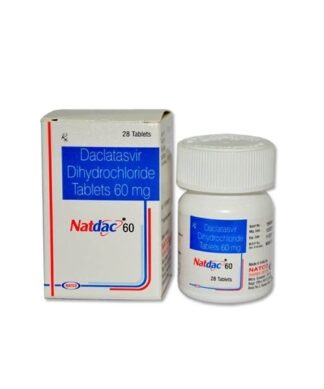Hepatitis means inflammation of the liver. The liver is a vital organ that processes nutrients, filters the blood, and fights infections. When the liver is inflame or damage, its function can be affect.
Heavy alcohol use, toxins, some medications, and certain medical conditions can cause hepatitis.
A serious liver infection cause by the hepatitis B virus that’s easily preventable by a vaccine.
This disease is most commonly spread by exposure to infect bodily fluids.
Symptoms are variable and include yellowing of the eyes, abdominal pain and dark urine.
Some people, particularly children, don’t experience any symptoms. In chronic cases, liver failure, cancer or scarring can occur.
Some people, particularly children, don’t experience any symptoms. In chronic cases, liver failure, cancer or scarring can occur.
The condition often clears up on its own. Chronic cases require medication and possibly a liver transplant.
An infection cause by a virus that attacks the liver and leads to inflammation.
The virus is spread by contact with contaminate blood; for example, from sharing needles or from unsterile tattoo equipment.
Most people have no symptoms.
Those who do develop symptoms may have fatigue, nausea, loss of appetite and yellowing of the eyes and skin.
Hepatitis C is treat with antiviral medication. In some people, newer medicines can eradicate the virus.


